Current events being what they are, it's understandable if maybe you aren't feeling so patriotic this Independence Day. America has a long history of protests, riots, and rebellions. If you don't feel like celebrating America this July 4th, perhaps you'd be interested in learning about (and maybe celebrating) moments in our country's history similar to what is happening now. The following facts come from Gale in Context: Elementary, one of the eSources available for use with your library card, and the book "What Was Stonewall?" by Nico Medina.
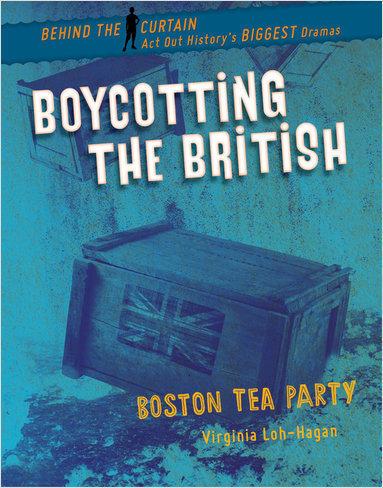
To read more about this, check out these books from our collection:
Boycotting the British: Boston Tea Party by Virginia Loh-Hagan
What Was the Boston Tea Party by Kathleen Krull
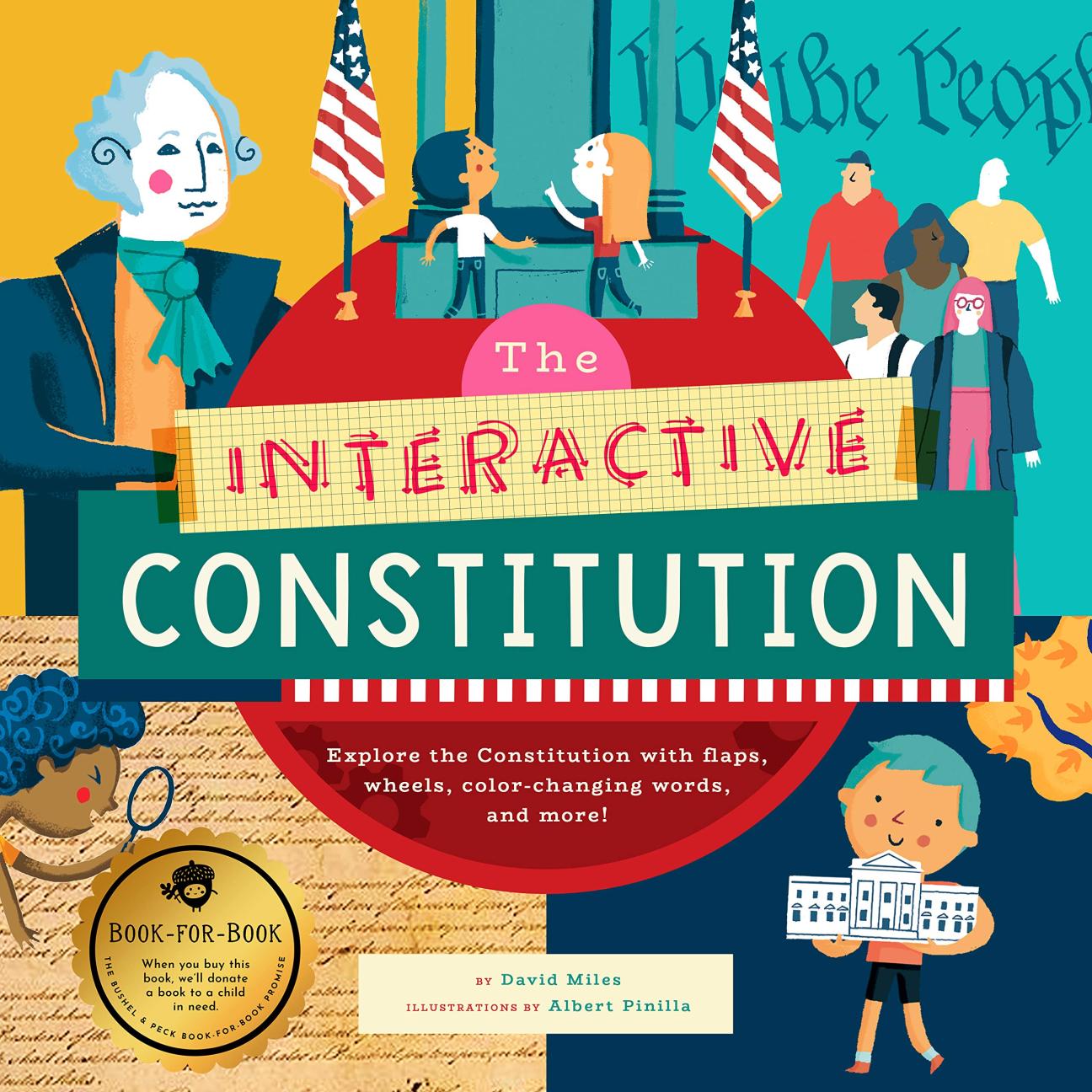
We don't have books on Shays' Rebellion, but you can check out books about the Constitution:
This Is Our Constitution: Discover America with a Gold Star Father by Khizr Khan
Know Your Rights: a Modern Kids Guide to the American Constitution by Laura Barcella
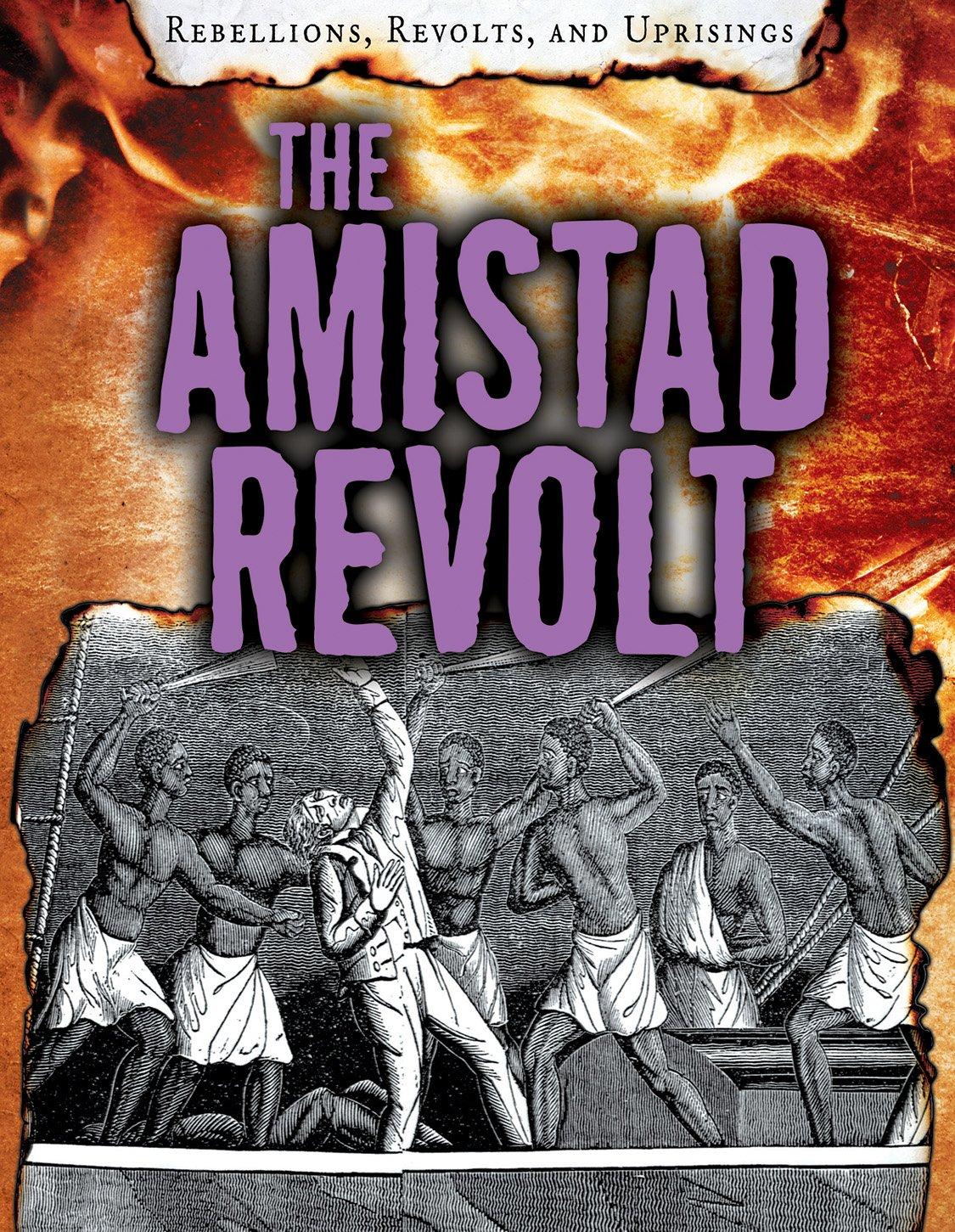
To read more about this and an earlier revolt, check out these books from our collection:
The Amistad Revolt by Ellis Roxburgh
Nat Turner and the Slave Revolt by Tracy Barrett
Nat Turner's Slave Rebellion by Ellis Roxburgh
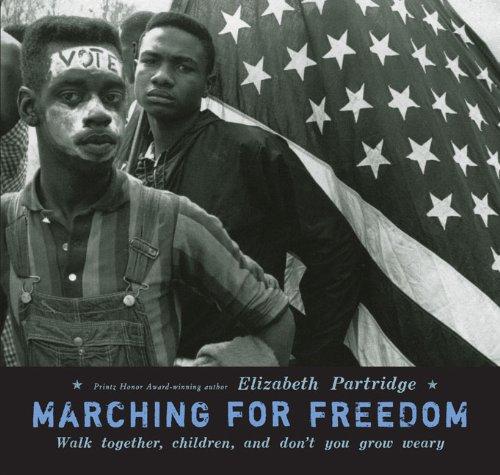
To read more about this, check out these books from our collection:
Marching for Freedom: Walk Together, Children, and Don't You Grow Weary by Elizabeth Partridge
The Story of the Selma Voting Rights Marches in Photographs by David Aretha
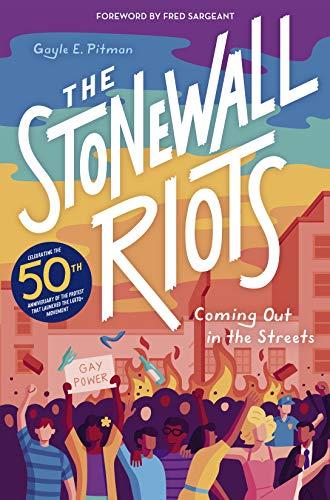
As recently as the 1950s, gay couples were arrested for holding hands or kissing in public. People could lose their jobs if their employers found out they were gay, and so a lot of people hid who they were from the world. In 1967, a law was overturned that effectively prevented gay people to be served in bars, and in March of that year the Stonewall Inn bar opened. In 1968 the law banning same-sex dancing in public was overturned. In 1969, the police raided the Stonewall Inn and arrested some of the staff because it was owned by the mafia. They decided to raid again that same week, and this time the patrons of the bar fought back. See- they weren't just arresting employees this time, but also drag queens, lesbians - anyone who fell under the category of "cross-dresser", and they were violent in their arrests. The patrons fought back, and the police sought shelter in the bar, which made the patrons even angrier. The bar was their haven from the outside world. They threw bricks and started fires. More demonstrations happened that week, and it brought the gay community together. The Stonewall Uprising is credited as being the first Pride.
To read more about this, check out these books from our collection:
Stonewall: a Building, and Uprising, a Revolution by Rob Sanders
The Stonewall Riots: Coming Out in the Streets by Gayle E Pittman
What Was Stonewall by Nico Medina
I can't write a blog on every important protest, riot, or rebellion in our country's history, so here is some additional reading:
Raise Your Voice: 12 Protests That Shaped America by Jeffrey Kluger
Black Lives Matter by Duchess Harris
The Standing Rock Sioux Challenge the Dakota Access Pipeline by Clara MacCarald
If you feel inclined to do something, whether that be march, protest, or some other form of activism, check out some of these:
If You're Going to a March by Martha Freeman
The Little Book of Little Activists
Peaceful Fights for Equal Rights by Rob Sanders
You Are Mighty: A Guide to Changing the World by Caroline Paul
Originally Posted by StephanieT on June 24, 2020